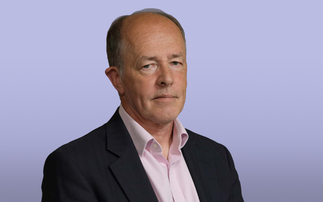IHT: Budget decision unlikely to impact on stuttering market for WOL products
The Chancellor of the Exchequer's decision to raise the threshold at which estates must pay Inheritance Tax (IHT) has been broadly welcomed by the protection community.
Among a raft of pre-election vote winning measures in last month's budget, Gordon Brown announced that the IHT threshold will rise from its current level of £263,000 to £300,000 by 2007. The move comes amid mounting pressure from the public to raise the barrier to take account of the sharp rise in house prices over the last decade.
The number of estates paying IHT has risen by two-thirds over the past five years. While this has been bad news for consumers, the increased pool of potential clients with such a tax liability has allowed providers to reinvent whole of life (WOL) products as an effective means of mitigating the risk of paying the 40% duty. Last year, the Treasury coffers were swelled by £2.5bn from the 30,000 estates that breached the IHT threshold, according to the National Audit Office.
While the public have generally welcomed the change, many are calling for the threshold to be raised further. Providers, however, have insisted that the proposed increases are not substantial enough to seriously damage the WOL sector. Fears that raising the threshold would present a further setback for an already stuttering market appear to have been unfounded.
"The increase in the threshold does not reduce the need for customers to consider their Inheritance Tax liability and so should not have a significant impact on whole of life sales," said Bernie Hickman, protection development director at Legal & General.
"The Inheritance Tax planning market still provides plenty of good opportunities for financial advisers to give valued advice to customers, which should in turn increase sales of whole of life policies," he added.
Advisers concurred that the changes will have little impact. "I do not believe the increase in the threshold will make any difference whatsoever to the sale of whole of life plans as it is such an insignificant increase," said Diane Whicher, director at Whichers IFA.
The Chancellor also announced the establishment of a new national framework for stem cell research in the budget. Over £2.5bn has been allocated to biotechnology, including stem cell research, for the three years up to 2008. The move, designed to keep Britain at the forefront of stem cell technology, raises the likelihood that sooner or later the private medical insurance and critical illness sectors will have to address the implications such developments may have on medical treatments.










